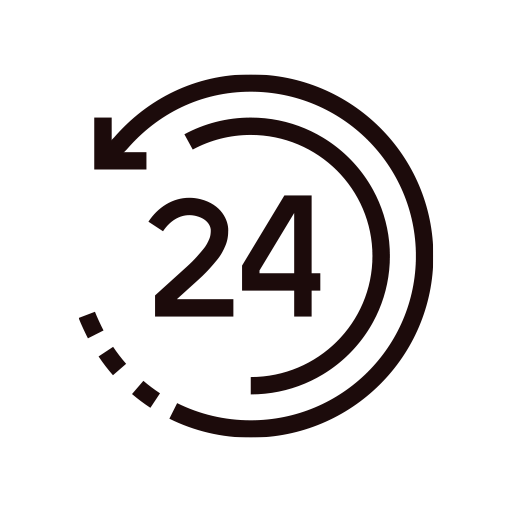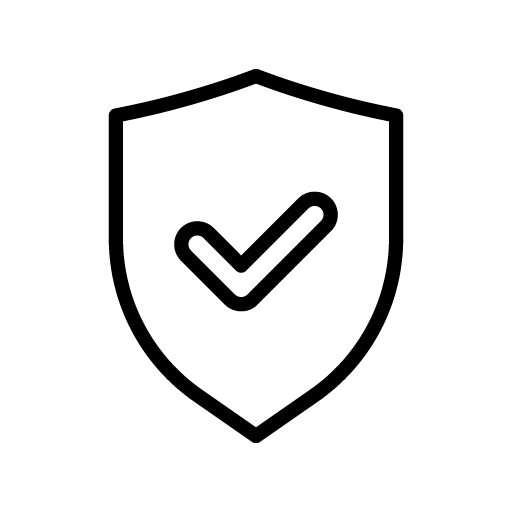
Your patient data and device access are securely protected
Our security solutions offer efficient protection at affordable costs. Our specialists will take care of the entire setup for you. This means you are already well prepared for the future today.
-

Permanent monitoring of the systems and 24-hour support
-

Your patient data is double secured
-

IT security from the assessor
IT security in the doctor's office
The need for implementing cybersecurity in medical practices
In today's digital era, where technology is transforming healthcare practices, medical practices are increasingly exposed to threats from cybercriminals. With sensitive patient data and critical medical information stored in electronic health records (EHRs) and connected devices, it is critical that medical facilities prioritize IT security.
We would like to explain to you the reasons why medical practices should implement robust cybersecurity measures to protect their patients, maintain trust and minimize potential risks.
Protecting patient privacy
Protecting patient privacy is a top priority in healthcare. Doctors' offices store large amounts of personally identifiable information (PII), including medical history, diagnoses and contact details. Implementing IT security measures such as strong encryption, access controls and regular data backups helps prevent unauthorized access to patient records. Protecting patient privacy not only ensures compliance with healthcare regulations (e.g. HIPAA in the US), but also strengthens patient trust in the medical institution.
Data breach prevention
The healthcare industry has become an attractive target for cybercriminals due to the valuable information it contains. Data breaches can have serious consequences, including financial loss, legal consequences, reputational damage and compromised patient care. By implementing robust cybersecurity measures, medical practices can significantly reduce the risk of data breaches and cyberattacks. Regular security assessments, network monitoring and intrusion detection systems enable proactive identification and remediation of vulnerabilities and improve overall security.
Intellectual property protection
Beyond patient data, medical practices may also own valuable intellectual property such as research results, proprietary treatments or medical device innovations. Cybersecurity measures protect these assets from theft or unauthorized access, ensuring that medical organizations can continue to innovate and contribute to the advancement of healthcare without fear of intellectual property theft.
Ensuring continuous supply
Medical practices rely on technology to ensure efficient operations and high-quality patient care. However, cyber threats can disrupt critical systems and lead to service interruptions or even patient safety risks. By implementing IT security measures, medical facilities can ensure continuity of care by reducing the risk of cyber incidents. Regular data backups, disaster recovery plans and redundant systems protect against data loss and enable rapid recovery of services in the event of a cyberattack or system failure.
Compliance
Regulators around the world, such as the Health Insurance Portability and Accountability Act (HIPAA) in the United States and the General Data Protection Regulation (GDPR) in the European Union, require healthcare providers to protect patient data. Medical practices that do not comply with these regulations can suffer serious penalties and reputational damage. Implementing robust cybersecurity measures ensures compliance with regulatory requirements, protects patient data, and reduces the risk of penalties for non-compliance.
In an increasingly digital healthcare landscape, medical practices must recognize the importance of implementing IT security measures to ensure patient privacy protection, data breach prevention, intellectual property protection, continuity of care and regulatory compliance. By investing in a robust cybersecurity infrastructure, medical institutions can increase patient trust, mitigate potential risks, and continue to provide high-quality healthcare services in a safe and secure environment.

Have your employees and MTAs trained
Phishing, social engineering and unwanted security gaps – with our online training your employees will no longer fall into any traps.
The KBV security guidelines
The KBV Security Policy emphasizes the importance of protecting personal data. Patient information must be protected and stored securely to limit access to sensitive information. To achieve this, a medical company must take measures to secure and control data access.
To this end, the company may implement a number of policies and procedures, such as encrypting patient data, enforcing authentication processes or adhering to internal guidelines for the secure handling of sensitive information.

Protect your medical business
Talk to our experts and find out how you can have sensible IT security measures set up now.



